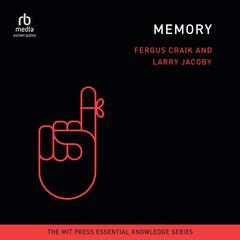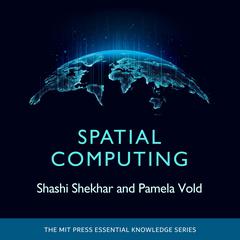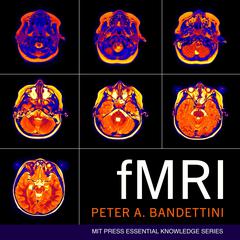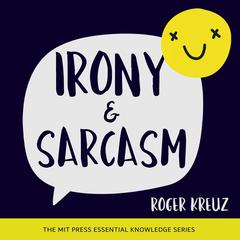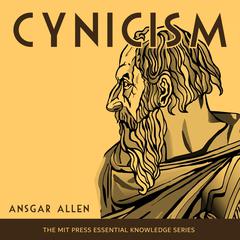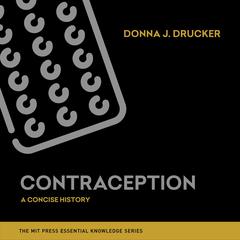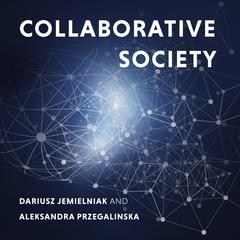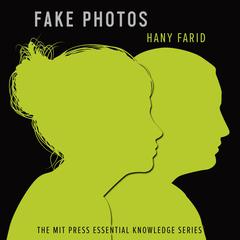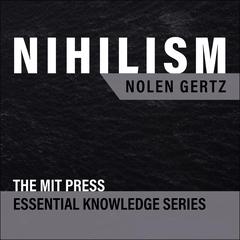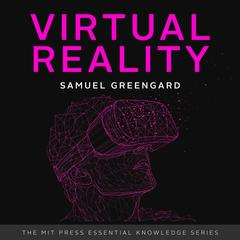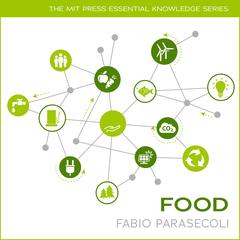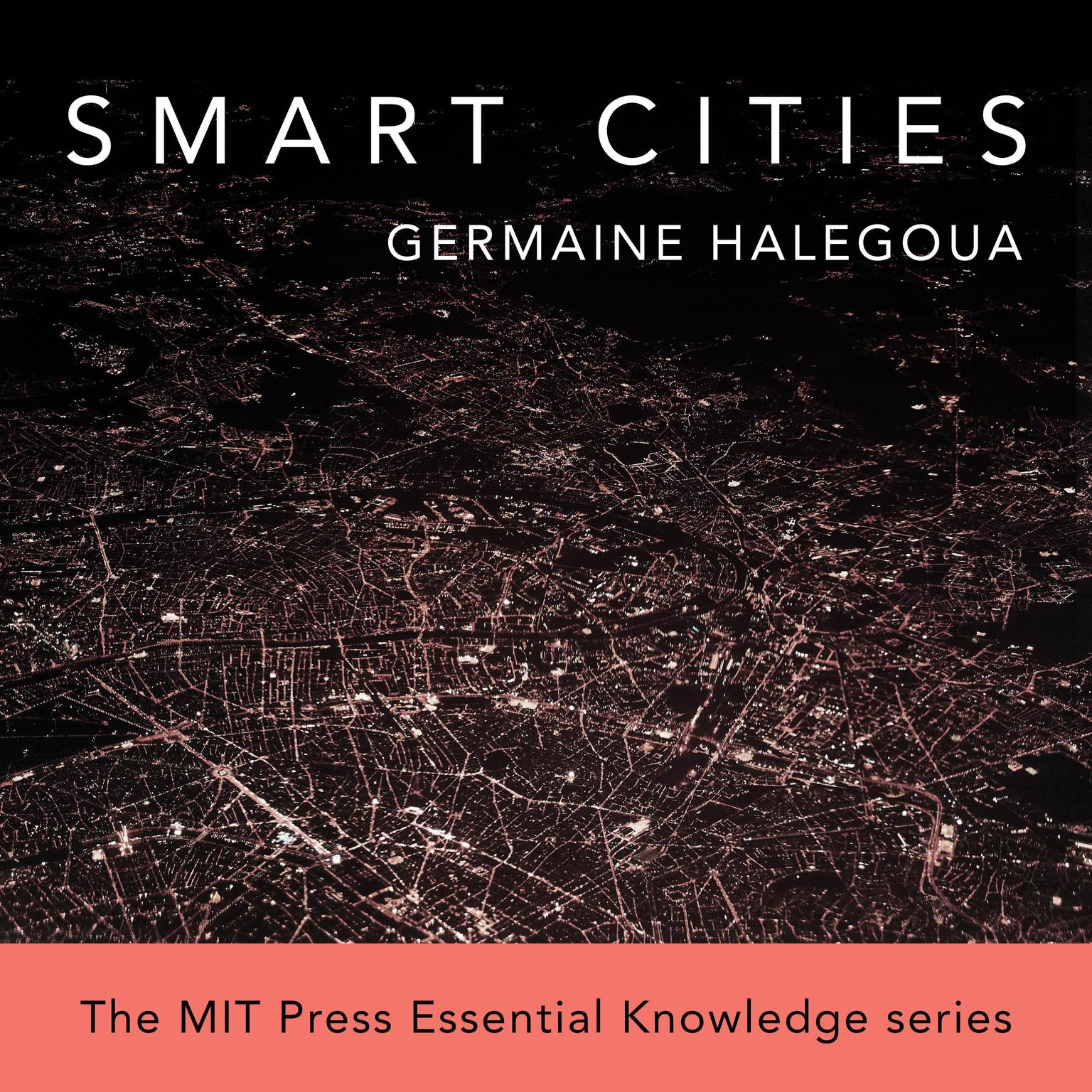 Play Audiobook Sample
Play Audiobook Sample
Smart Cities Audiobook
 Play Audiobook Sample
Play Audiobook Sample
Quick Stats About this Audiobook
Total Audiobook Chapters:
Longest Chapter Length:
Shortest Chapter Length:
Average Chapter Length:
Audiobooks by this Author:
Publisher Description
Over the past ten years, urban planners, technology companies, and governments have promoted smart cities with a somewhat utopian vision of urban life made knowable and manageable through data collection and analysis. Emerging smart cities have become both crucibles and showrooms for the practical application of the Internet of Things, cloud computing, and the integration of big data into everyday life. Are smart cities optimized, sustainable, digitally networked solutions to urban problems? Or are they neoliberal, corporate-controlled, undemocratic non-places? This volume in the MIT Press Essential Knowledge series offers a concise introduction to smart cities, presenting key concepts, definitions, examples, and historical contexts, along with discussions of both the drawbacks and the benefits of this approach to urban life.
After reviewing current terminology and justifications employed by technology designers, journalists, and researchers, the book describes three models for smart city development and offers examples of each. It covers technologies and methods, including sensors, public wi-fi, big data, and smartphone apps, and discusses how developers conceive of interactions among the built environment, technological and urban infrastructures, citizens, and citizen engagement.
Download and start listening now!
Smart Cities Listener Reviews
Be the first to write a review about this audiobook!
About Wendy Tremont King
Wendy Tremont King, a classically trained narrator and stage actor, got her start in audiobook narration as a volunteer for the Lighthouse for the Blind. She is an accomplished puppeteer and puppetry director, as well as a member of the SAG Foundation BookPals program for children’s literacy.




